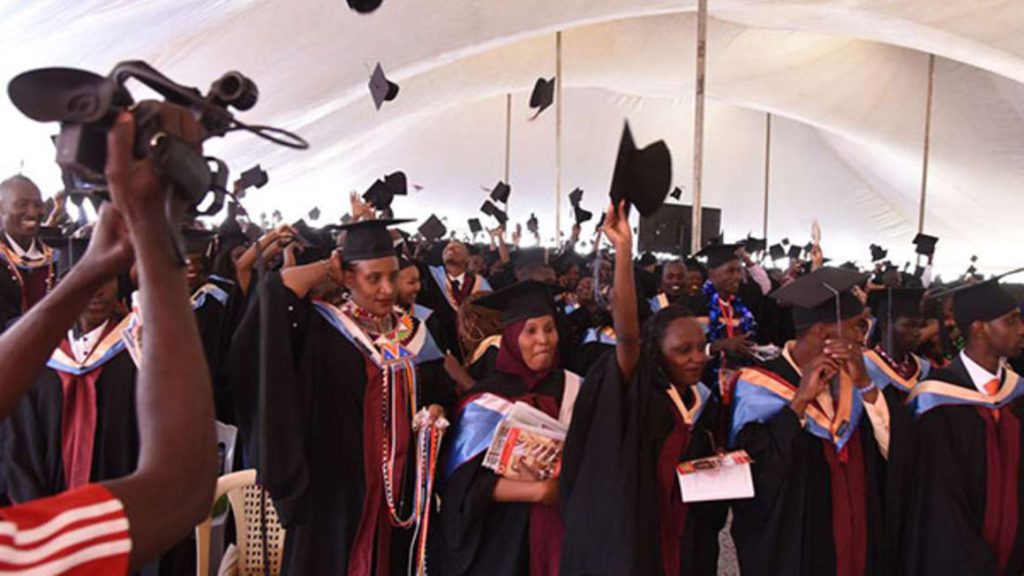The discourse on the distinction between intelligence and relevance highlights a significant issue affecting society. While intelligence is often valued, it is relevance that will ultimately determine success in the future. Relevance stems from being solution-oriented and forward-thinking, rather than merely possessing intelligence or wealth.
This discussion necessitates an examination of education and schooling. The author references Mark Twain, emphasizing the notion that schooling should not hinder education. Many influential figures throughout history did not follow conventional educational paths yet became highly relevant.
The current educational system tends to produce graduates who possess degrees but lack practical problem-solving abilities. In contrast, true education fosters critical thinking, which is essential for addressing societal challenges. The piece argues that the educational approach needs transformation, particularly in light of modern advancements such as the Internet of Things and artificial intelligence.
With rapidly evolving job markets, the relevance of current educational practices is called into question. Many existing jobs may soon become obsolete, yet education continues to rely on outdated methodologies. This misalignment prevents society from fully leveraging its resources, leading to dependence on external expertise.
To effect change, the author advocates for a curriculum that addresses unique local challenges and utilizes available resources effectively. Without this shift, society risks celebrating mere schooling while neglecting the broader scope of genuine education and its potential to drive progress.



















